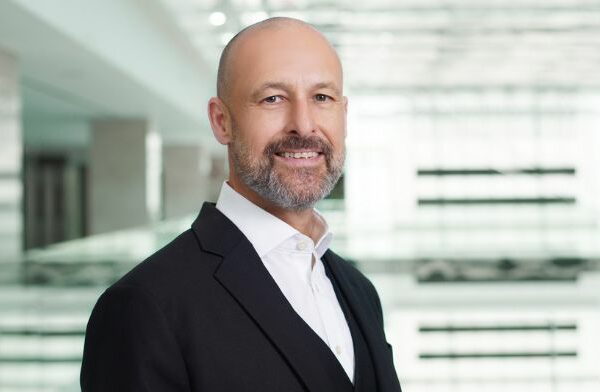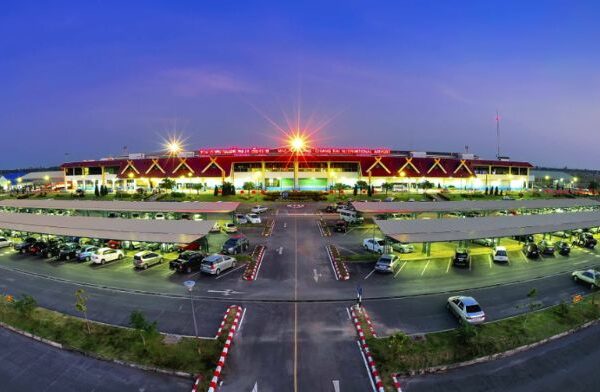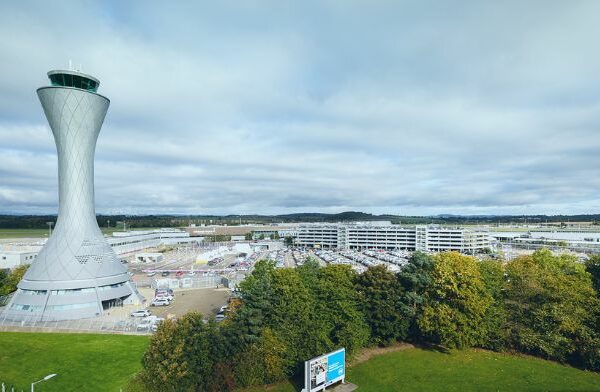

With commercial aviation responsible for around 2% of annual global carbon emissions, the Paris Air Show, which is taking place this week in the French capital, has certainly been shining the spotlight on sustainability and the need for operational procedures, new technologies and aviation fuels to be more environmentally friendly.
However, while leaders in the European Union are considering a Dutch proposal for an EU-wide ‘carbon’ tax on air tickets, the International Air Transport Association (IATA) is urging European governments to listen to what air passengers really want.
According to research commissioned by the association, passengers want governments to encourage the development of new technologies and sustainable aviation fuels to reduce aviation carbon emissions, rather than impose ineffective “environmental” taxes.
Of those surveyed, 64% supported the development of sustainable aviation fuels and 62% supported research and development of new technology and better operations. Environmental taxes were one of the least popular options with just 22% support.
“Public opinion has a clear message to governments: work with aviation to encourage investment in clean fuels, and new hybrid and electric technology,” said Alexandre de Juniac, IATA’s director-general and CEO.
Tellingly, the survey results showed that the public had little faith in government’s spending environmental taxes on environmental action – 81% of those surveyed in France, 73% of those surveyed in Spain and 66% of those surveyed in Germany and the UK revealed they didn’t trust their governments to spend money from environmental taxes specifically on environmental protection programmes.
Alongside safety and security, environmental issues remain at the top of the aviation industry’s agenda. The financial implications of a tax on airlines will limit their ability to invest in newer, cleaner and quieter aircraft and technology. Passengers will be more heavily taxed or opt for longer journeys – resulting in more emissions – through airports where no such taxes are levied. Local economies are also likely to be negatively affected as a decline in air passenger volumes leads to decreased tourism and business travel and subsequently a lower demand for goods and services. What’s more, governments may also lose revenues if the increase in tax rate is offset by a decrease in the volume of air travel.
Concluding that the public’s feelings are clear, de Juniac said “People want to travel… And they want to see the industry and governments taking action on emissions. Making it more expensive for people to fly is not the answer. Rather, action to encourage new technology and sustainable fuels is the solution.”
The editor’s comment is published weekly as an accompaniment to the Regional Gateway e-newsletter. If you do not currently receive our email updates, you can subscribe here.
Header image: Sustainable aviation fuel was used to fuel the Perfect Flight in Sweden in May. © Mats Karlén.





